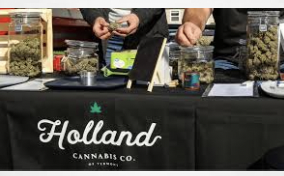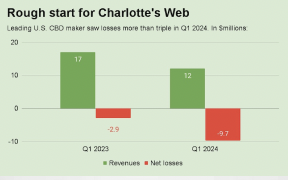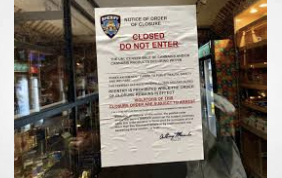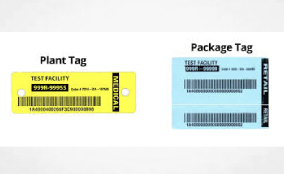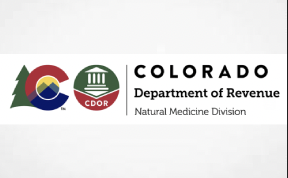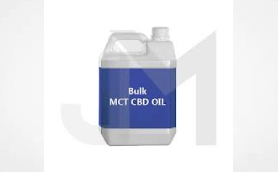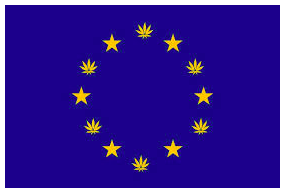There is still an incredible amount of uncertainty when asking the question is CBD legal in the EU ?
The innately complex legal status of CBD products throughout European jurisdictions needs to be examined closely to determine what rules are governed by Brussels and what is decided by each member state’s legislature. The recent exit of the UK from the European Union also adds a extra layer of complication.
The CBD Debate
CBD is short for cannabidiol, is one of many of the non-psychotropic compounds produced by cannabis plants.
While most European countries have legalised CBD in some way, the general caveat for many jusrisdictions is that CBD must be extracted from industrial hemp, thus containing, by law, less than 0.2% THC, the intoxicating compound also found in cannabis.
A few countries such as France and Norway only permit CBD isolate (the pure form of CBD) with no THC at all
In 2019, the European Food Safety Authority (EFSA) designated CBD products as a novel food. This means that companies should seek specific authorisation to bring products to market, although it is not required by law.
The CBD industry has now hit a fork in the road, as the European Commission (EC) announced it had suspended applications for novel foods status while it determined whether or not certain CBD products should be labelled as narcotics instead. In the UK the Food standards agency has also recently issued new guidelines
In January 2021 the European Commission released the following update about the status of CBD
The European Commission has changed its preliminary assessment on CBD-Oil (Cannabidiol-Oil). They state the compound is no longer considered a narcotic. The change of view follows a judgement in which the European Union Court of Justice (ECJ) ruled that CBD-Oil can no longer be viewed as a narcotic.
Like every other legal product, CBD products should be able to move between member states. CBD “can be qualified as food,” the European Commission further stated in their update
The Court judgement regarding hemp extracts:
- “It must also be noted that two scientific studies submitted by OHIM state that cannabis, also referred to as ‘hemp’, is used in the food sector in different forms (oils, herbal teas) and in different preparations (teas, pasta, bakery and biscuits, alcoholic or non-alcoholic beverages, etc.). That is borne out by the documents submitted by the intervener stating that hemp is used in the production of certain foodstuffs and beverages.
- The toxicological analyses carried out on those goods show that they contain a very low concentration of THC, considerably lower than the abovementioned threshold of 0.2% and that they have no psychotropic effects. Lastly, contrary to the applicant’s arguments, it is apparent from Article 4 of Directive 88/388 that the use of flavourings which do not contain any element or substance in a toxicologically dangerous quantity is permitted.
- Those findings thus show, contrary to the applicant’s arguments, first, that the word ‘cannabis’ does not merely refer to drugs and to certain therapeutic substances and, secondly, that hemp is lawfully used in the production of foodstuffs and beverages.”
The Current Legal Landscape
As the industry flip flops between regulations, consumers and investors it is important for companies throughout the EU to understand that each country has its own specific laws surrounding the production and use of CBD.*
*Please note that some positions may have changed since publication of this article
Understanding the importance of regulation and compliance for organisations like Slovenia’s Pharma Hemp have become essential in creating and supplying the best quality product to clients in Europe and around the world.
Of these countries, Germany and the UK currently lead the European CBD market in terms of regulation, followed by Switzerland, Austria, Spain, and Greece.
A Call For Change
A progessive stance on cannabis legalisation combined with increasing consumer demand has led to several countries showing remarkable growth, such as Poland, Bulgaria, Netherlands, and Luxembourg.
Growing Pains of a Nascent Industry
Considering each country has its own unique restrictions in place, CBD consumers should educate themselves on the regulations and laws relevant to them.
Despite these often confusing laws and restrictions, it is clear that demand for CBD products is growing exponentially. As a result, the continent may have the potential to overtake North America as the largest CBD market in the world.


 Albania
Albania Andorra
Andorra Armenia
Armenia Austria
Austria Belarus
Belarus Bosnia and Herzegovina
Bosnia and Herzegovina Belgium
Belgium Bulgaria
Bulgaria Czech Republic
Czech Republic Croatia
Croatia Denmark
Denmark Estonia
Estonia Finland
Finland France
France Georgia
Georgia Germany
Germany Greece
Greece Hungary
Hungary Iceland
Iceland Ireland
Ireland Italy
Italy Latvia
Latvia Liechtenstein
Liechtenstein Lithuania
Lithuania Luxembourg
Luxembourg Malta
Malta Moldova
Moldova Monaco
Monaco Montenegro
Montenegro Netherlands
Netherlands Norway
Norway Poland
Poland Portugal
Portugal Romania
Romania Serbia
Serbia Slovakia
Slovakia Slovenia
Slovenia Spain
Spain Sweden
Sweden Ukraine
Ukraine United Kingdom
United Kingdom


